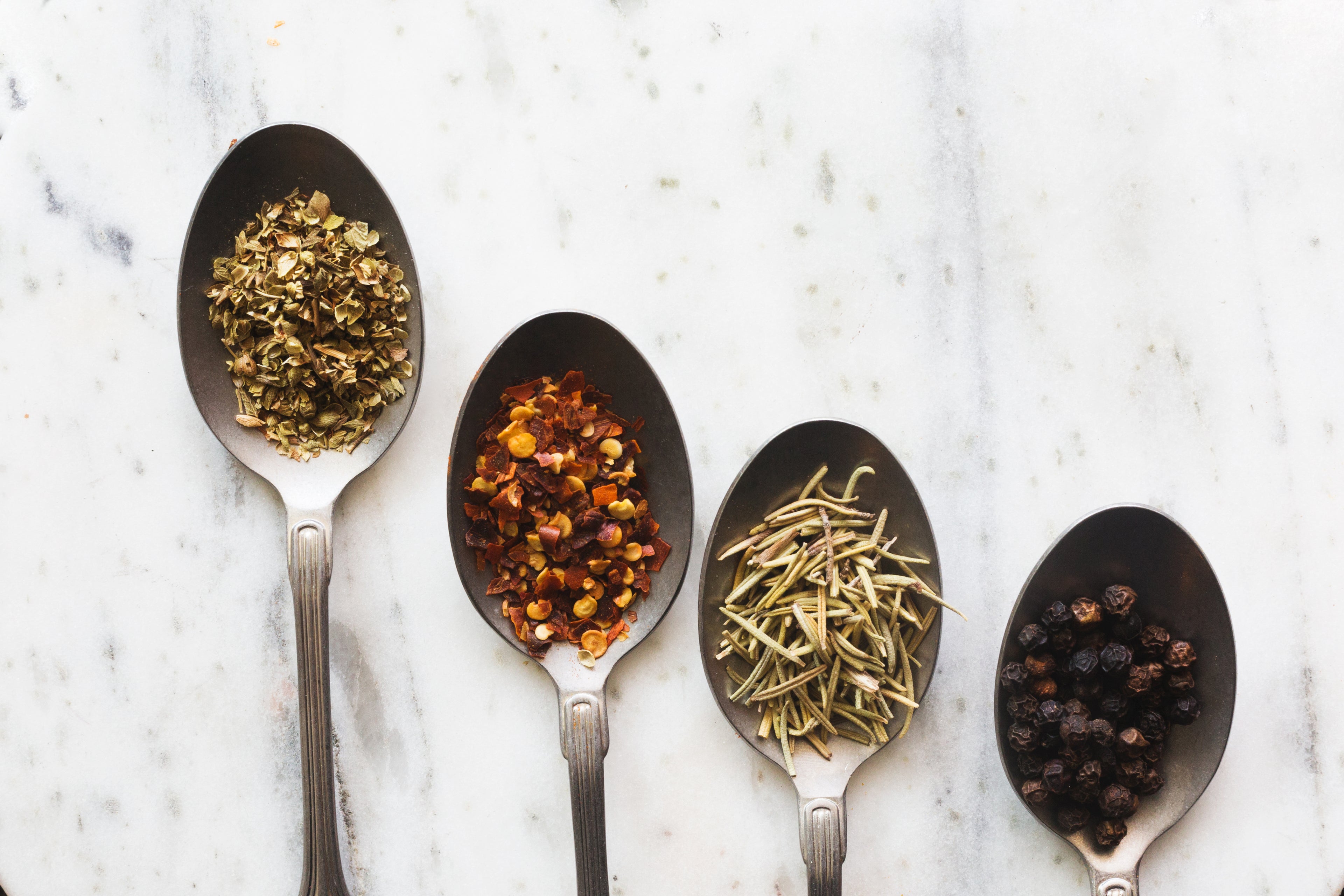Adding millet flakes to your diet
Millet is an incredibly versatile little seed which belongs to the grass family and originates from northern China and Africa. Millet flakes are a staple food in the diets of roughly one in three people around the world, and it can be used in both savoury and sweet dishes.
The flakes are obtained by crushing the whole grain of the cereal, which, incidentally, is one of the oldest humans have ever grown – it has been cultivated for thousands of years. These are then processed, with the outer shell removed.
Millet flakes benefits
With a natural crunchiness and mild taste, millet flakes are naturally gluten-free and 100% vegan. Not only that, but they provide vital B-group vitamins, alongside Vitamin E in small quantities, as well as being a great supplier of energy, since they’re a source of complex carbohydrates.
At the same time, these mineral-rich flakes contain iron, magnesium and phosphorus, not to mention zinc and potassium. So they have a higher mineral and vitamin content than comparable cereals.
This product is also rich in antioxidants, and natural protein and dietary fibre, both insoluble and soluble. The former is prebiotic, i.e. it supports ‘good’ bacteria in the digestive system.
Millet flakes make the ideal nutritious substitute for oats as part of a healthy, balanced diet promoting heart health.
How can I use millet flakes
As mentioned, millet flakes are versatile, meaning you can use them in many different ways. Bake them in cookies, muffins or cereal bars or fruit puddings, or prepare them in delicious pancakes.
Or why not use millet flakes to create a filling muesli or granola, for example with pumpkin seeds, nuts, dried or fresh fruit and yoghurt? Alternatively, boil with milk or water for a tasty porridge.
You can also cook with pilaf rice in a savoury vegetable curry or other dish. Finally, you can add to smoothies for a quick nutrition hit, or top salads with them for added flavour and texture.
What’s the difference between millet flakes and millet grains?
There are several benefits to consuming millet in flake rather than grain form:
- Millet grains have a tough outer shell, which some people can find harder to digest
- They’re easier to prepare – the grains need soaking and cooking, but you can ready the flakes just by soaking them in hot water or milk for a few minutes
- The production processes for flakes as opposed to grains have a lower environmental impact
- Finally, the flake version of millet has a higher nutrient density
Millet flakes from Ganesha wholefoods
At Ganesha Wholefoods, we’re a family-run business supplying affordably priced, high-quality organic millet flakes in 500g bags.
Enjoy benefits including our wood-pulp packaging that’s ideal for home composting, plus free shipping on orders worth £40 or more.
Get in touch with us if you have queries about millet flakes or any of our other products.


